Search
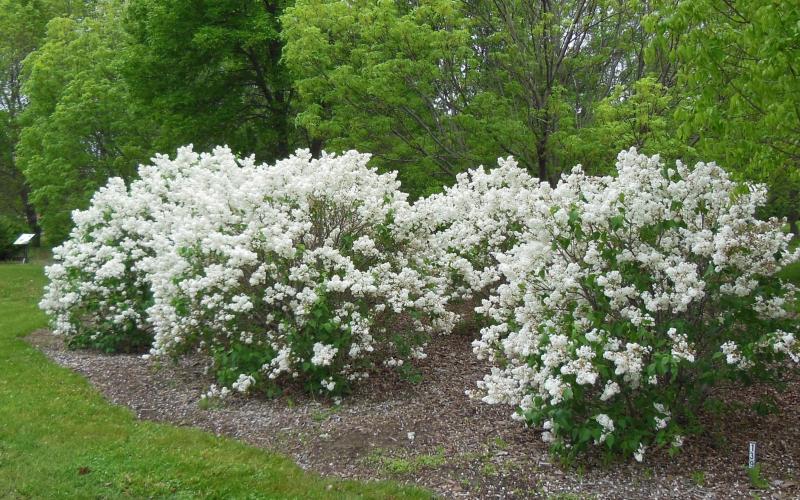
Lilacs Are Looking Good This Spring
Lilacs are one of those plants whose lovely flower clusters and sweet fragrance are anticipated by gardeners in many parts of the world, but especially in the colder regions of the United States, Europe and Asia.
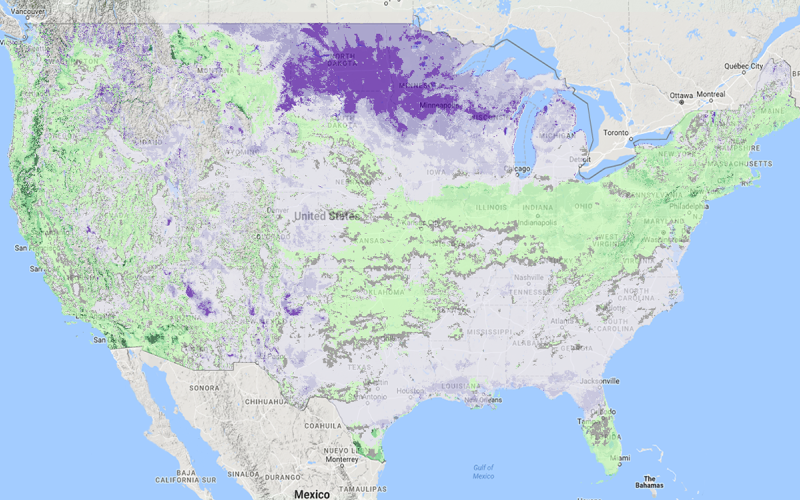
Late Spring Bloom in 2022
In South Dakota, with temperatures cooler than average in 2022, the arrival of spring has been later than usual. Indicators like the first leaf or bloom of some common plants can be used to define the arrival of spring.

SDSU Extension Master Gardener Templates
A suite of templates that can be used by currently active and registered SDSU Extension Master Gardener volunteers as they engage in service to their community.
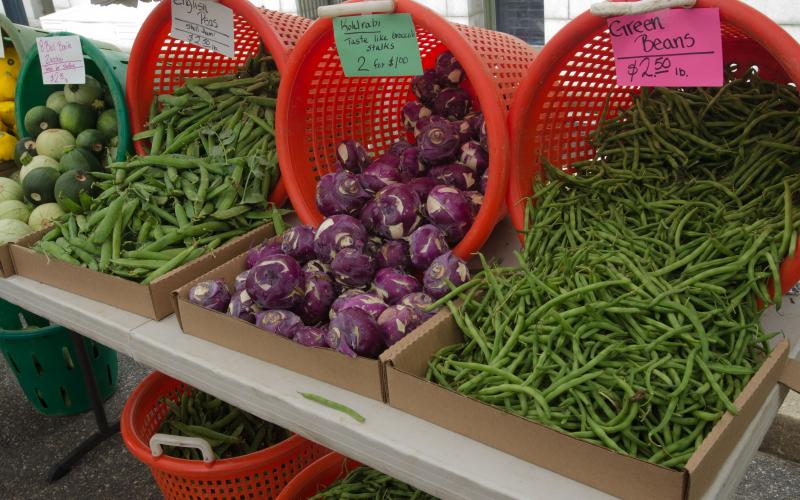
Local Foods: Whole Fresh Vegetables and Herbs
Fresh, whole raw fruits and vegetables grown in South Dakota can currently be sold without a food service license from the South Dakota Department of Health.
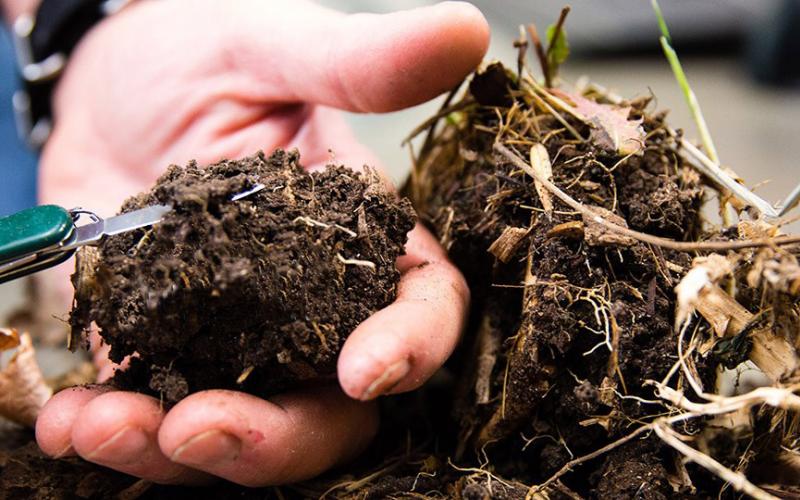
Soil: It’s Not Just Dirt
Most soils are complex ecosystems with worms, insects and microscopic organisms, which all work together in helping plants grow.

Indian Corn & Popcorn
Beautifully hued ears of dried ornamental corn appear this time of year in autumn decorations. In South Dakota, each fall the Corn Palace at Mitchell sports fresh murals from the naturally colored corn.
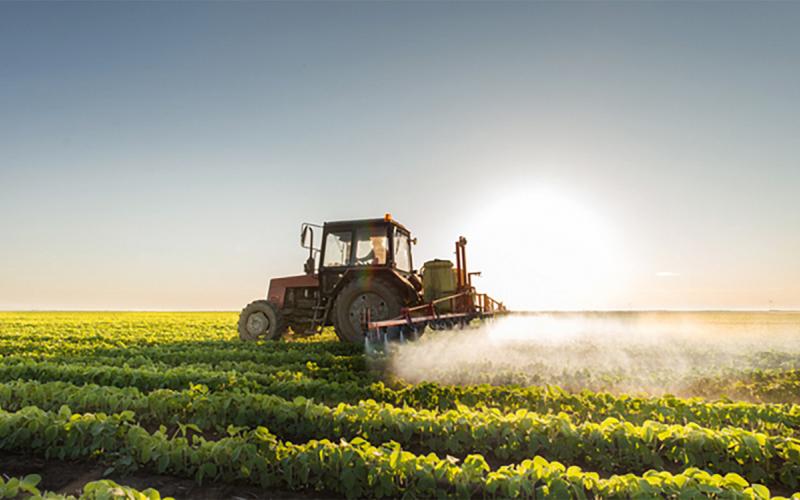
Herbicide Resistance Detection in the Field
Have you noticed weeds surviving a typically lethal herbicide application? There’s a chance they’ve developed herbicide resistance. Learn some expert tips for detecting and confirming resistance in fields.

Cultural History of the Christmas Tree and Poinsettia (Cuetlaxochitl)
Christmas trees and poinsettias are the two plants that symbolize the Christmas season, but why do these plants hold that place that? And where did the association with Christmas originate?
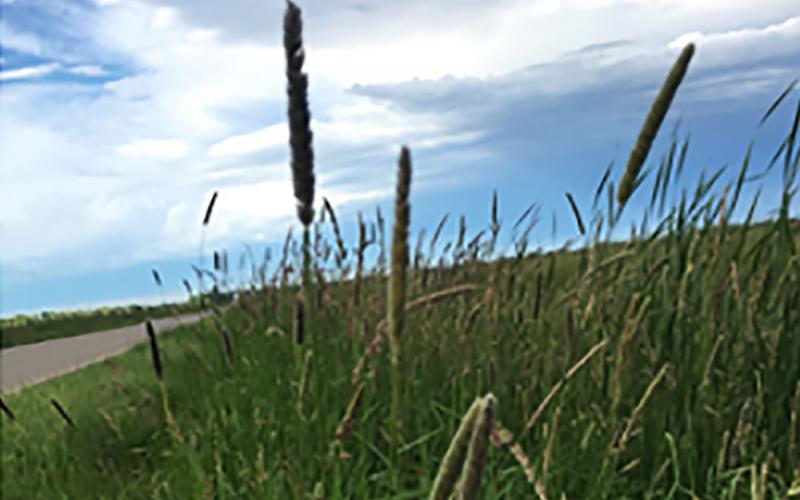
Ditch Hay: Harvesting, Quality, and Feeding
Using ditch hay to feed cattle is a common practice across the U.S. It provides livestock producers with a source of readily available forage, which can be very useful, particularly during feed shortages.
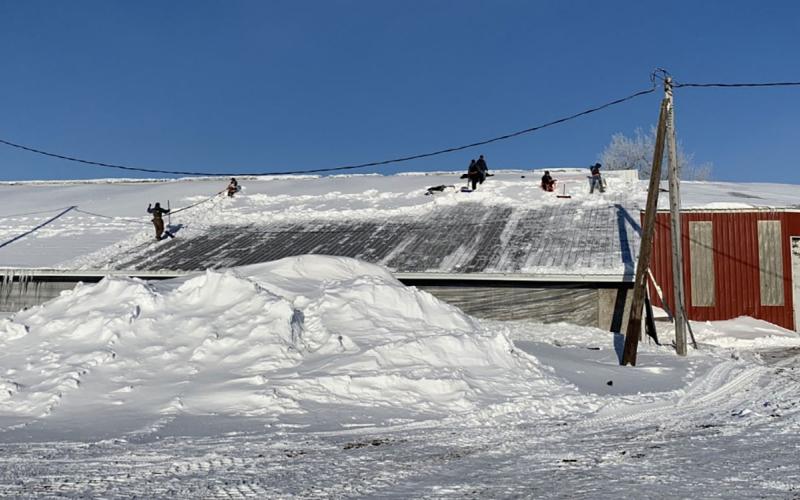
Post-Snowstorm Building Inspection and Snow Removal
Snowstorms can push even the sturdiest structures to their limits. Learn some expert tips for evaluating facilities, determining their snow load capacity, and safely removing snow during the aftermath of a blizzard.